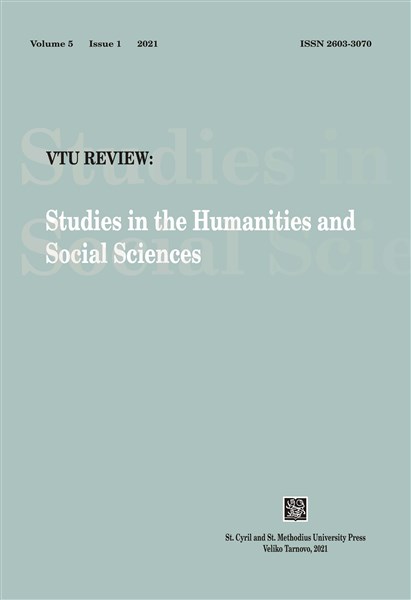The Sage of Concord: Weaving Transcendental Thoughts
The Sage of Concord: Weaving Transcendental Thoughts
Author(s): Saša SimovićSubject(s): History, Philosophy, History of Philosophy, Special Branches of Philosophy, History of ideas, Local History / Microhistory, 19th Century Philosophy, Philosophy of Religion
Published by: Великотърновски университет „Св. св. Кирил и Методий”
Keywords: Transcendentalism; humans; “man”; nature; soul; matter
Summary/Abstract: Ralph Waldo Emerson, the proverbial sage of Concord, claimed that he was not “an original thinker” but only “clothed thoughts” that were “in the air.” Trying to explain the complex relation between humans and the outside world, he singled out man’s relation to his own self as the crux of the problem. His dualistic vision of the world, juxtaposing nature and the human soul and matter and spirit, is related to what he perceived as the human need to realize a connection to the “real” self. In the Emersonian vision of the world, nature is “omnipotent” insofar as through natural phenomena the human individual can give birth to brilliant ideas. The aim of this article is to highlight Emerson’s Transcendentalist vision of nature and the human relation to it.
Journal: VTU Review: Studies in the Humanities and Social Sciences
- Issue Year: 5/2021
- Issue No: 2
- Page Range: 134-143
- Page Count: 10
- Language: English

